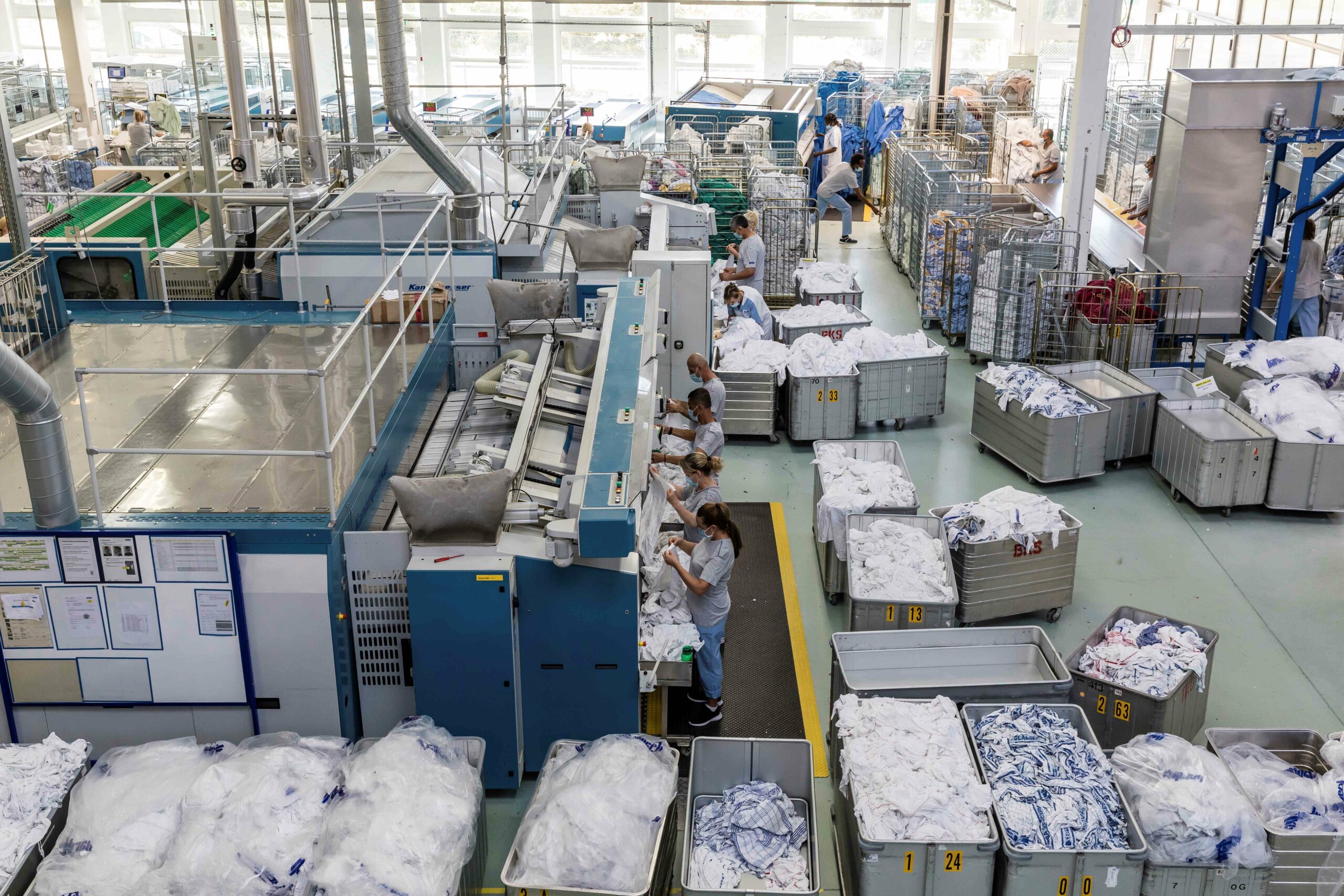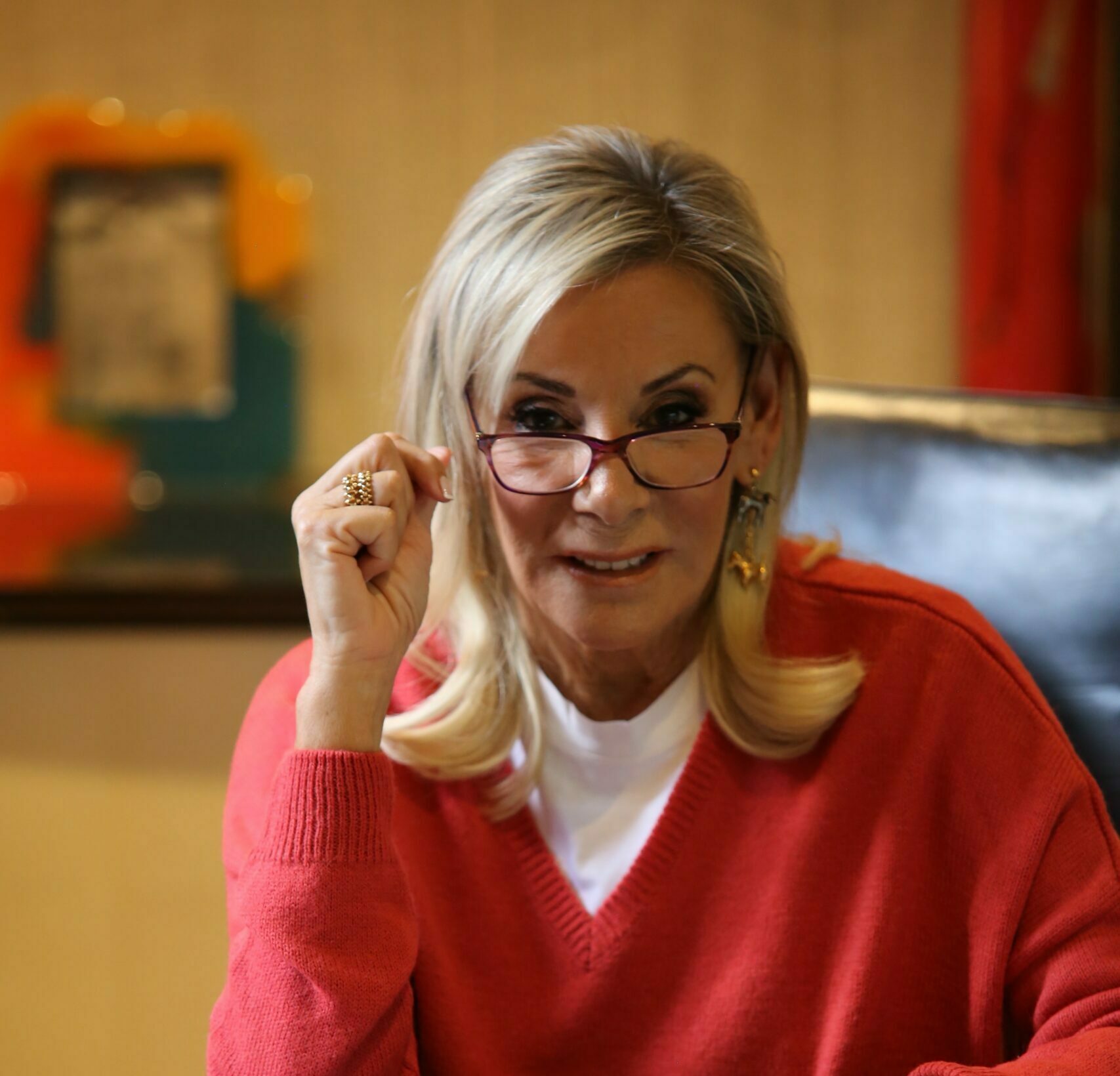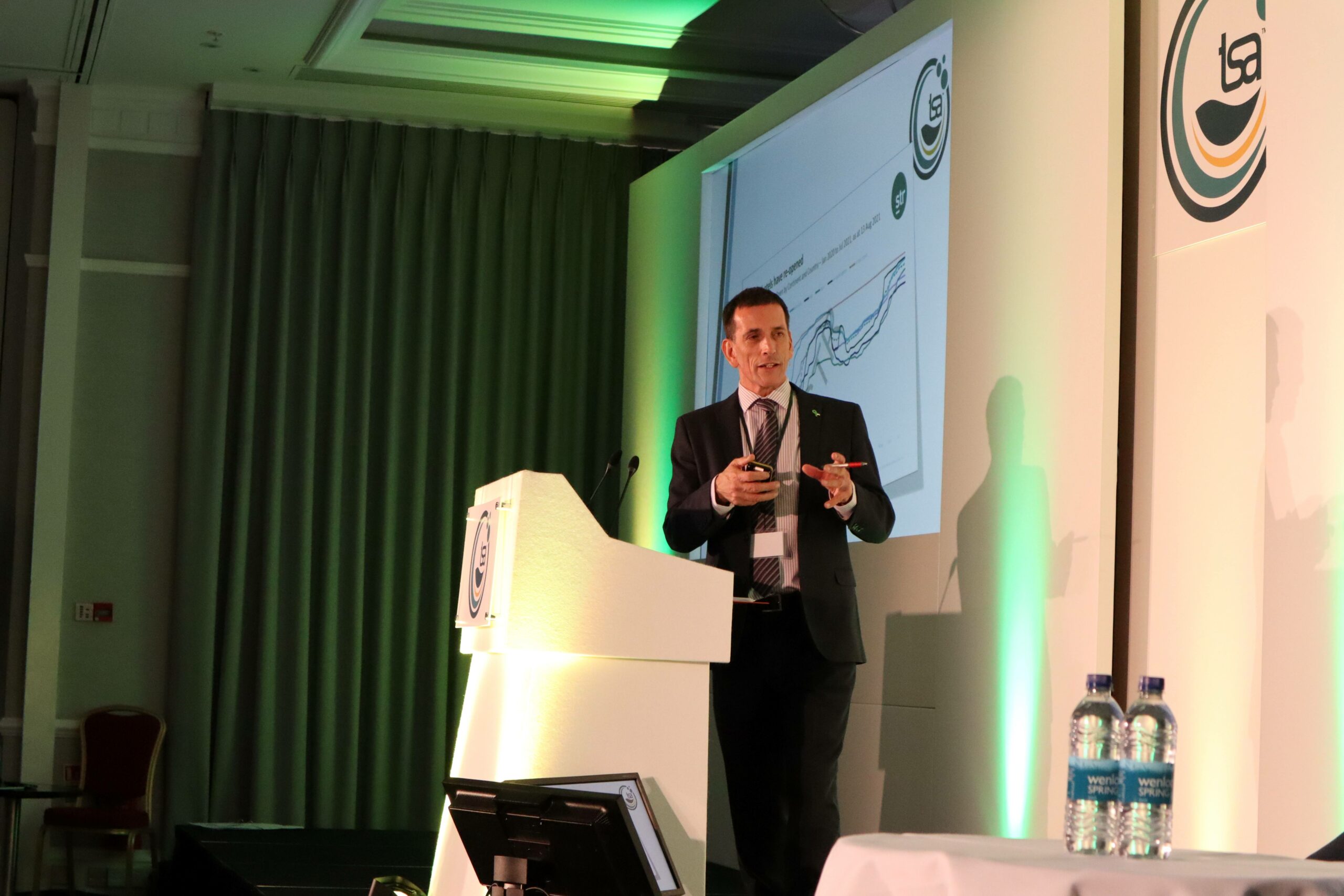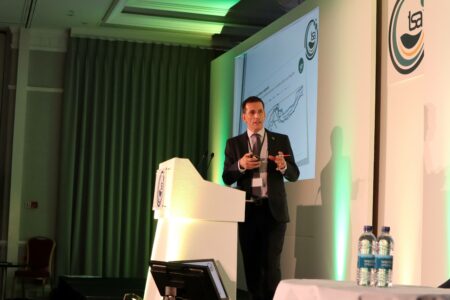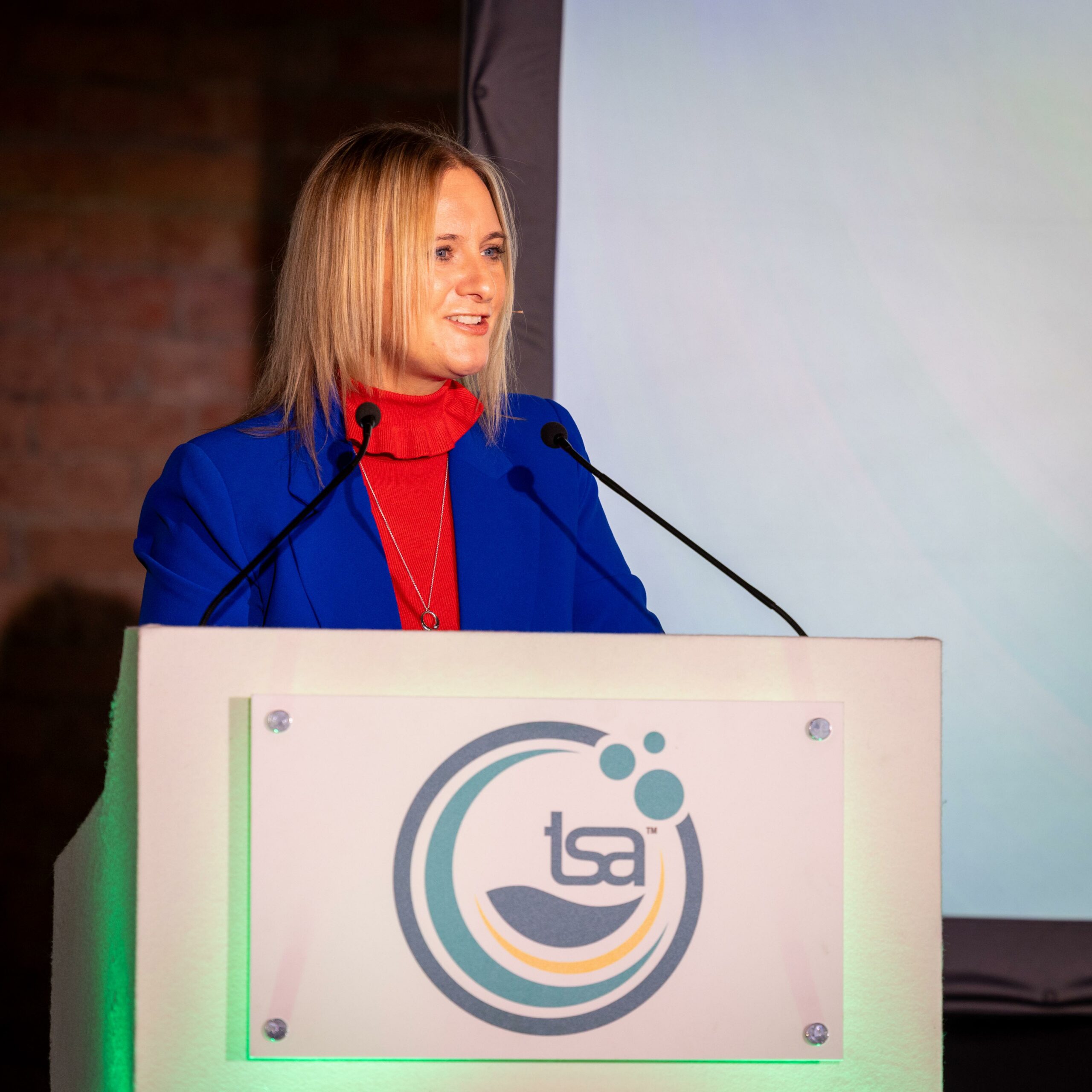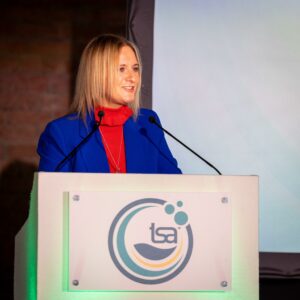New code will allow the industry to work to a consistent national standard
The Textile Services Association (TSA) has launched a new code of practice covering fire safety management for commercial laundries. The code of practice aims to help show laundry operators the most important aspects of fire risks in laundries and highlight ways to minimise them.
Although laundries maintain strong safety records, the combination of heat, combustible materials and chemicals requires careful management to prevent fires. While the code of practice sheds light on some of the generic requirements on fire safety, it also covers laundry-specific measures, with references to TSA’s good practice guidance documents.
The majority of fire incidents that have taken place in the laundry industry in recent years occurred overnight through spontaneous combustion. This happens when residual heat in textiles, combined with oils or other contaminants causes ignition, with fire able to spread rapidly. The risk of these fires causing personal injuries has been minimal; however, they usually cause extensive damage to expensive laundry equipment and infrastructure. Consequently, the insurance premiums for laundries have increased exponentially, making it a real barrier for business profitability.
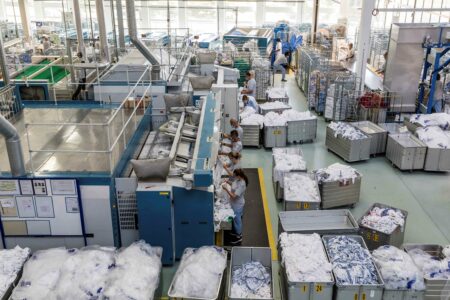
The code was drafted by the TSA’s health and safety steering group, alongside a team of fire safety experts from Worknest. It is designed to cover the needs of all commercial laundries, from large multi-site operations to smaller independent companies. The TSA is currently exploring avenues to make this code of practice a nationally recognisable framework in order to address the inconsistent regional approach in the UK. The industry is hoping to reduce the number of fire incidents, which should help the insurance sector offer their terms competitively. The TSA aims to use this code of practice as an enabler for these changes.
Alongside the code, TSA has provided a series of in-depth guidance documents and webinars which go into more detail about how to implement it effectively.
“Commercial laundries are very good at managing fire safety overall,” says David Stevens, TSA’s CEO. “There’s been an overwhelmingly positive response to the new code of practice as it will empower laundries to ensure that staff at all levels are aware of their responsibilities and that the standards are being met in a measurable way.”
The code of practice and supporting documentation are available to download from the document library on the TSA’s website.
If you have any queries, please do not hesitate to get in touch with us either via email or phone:
T +44 (0) 20 3151 5600

